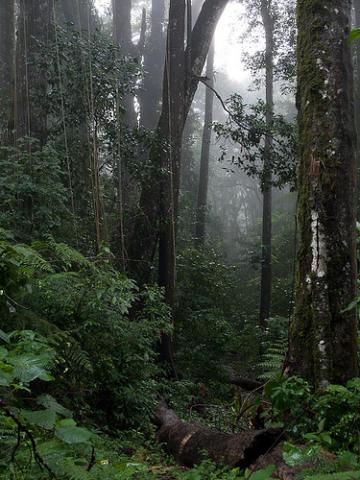CSF partnered with the World Bank, GIZ (the German cooperation agency) and CEPAL (a UN economics agency for Latin America) to offer a course on REDD economics in Panama, focused on opportunity cost analysis. Over 25 participants from Latin American countries attended, representing conservation NGOs and governments. All are involved in on-the-ground REDD programs and projects. Exposure to opportunity cost analysis will allow them to enrich their actions through a better understanding of how economic factors influence land-owners decisions over deforestation actions. This improved understanding will be key for designing better REDD initiatives.
Instructors included Stefano Pagiola, Pablo Benitez and Gerald Kapp from the World Bank, as well as CSF's Marcos Amend, Alfonso Malky and Cecilia Ayala, who drew from our expanding experience in this field to provide practical guidance on how to conduct applied opportunity cost analysis. Staff presentations were complemented by case studies presented by Daniel Leguía and Thales Rosa, also from CSF. The course allows CSF to continue consolidating leadership as a provider of training and analyses in REDD economics. This successful partnership will be continued next year through a "project clinic" where ten advanced REDD projects and programs from Latin America will present their progress to a panel of experts, who will provide advice and guidance. Site visits by experts will provide further support to on-the-ground efforts.



